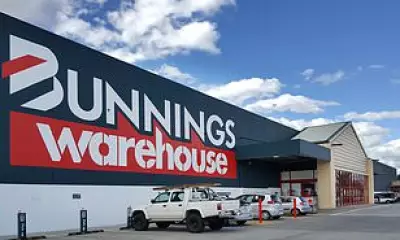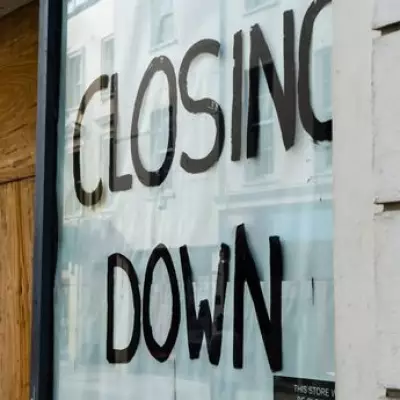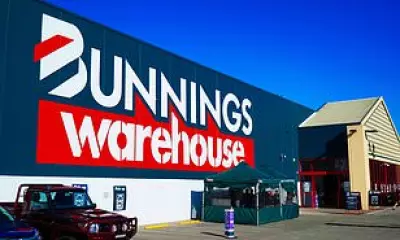
In the sprawling farmlands and manufacturing towns of America's heartland, a remarkable political shift is underway as voters throw their support behind Donald Trump's controversial tariff-heavy economic agenda.
The Heartland's Calculated Risk
Across traditional Republican strongholds, from Iowa's corn fields to Ohio's industrial corridors, there's growing acceptance of Trump's protectionist vision. Many voters appear willing to gamble on short-term economic pain for what they hope will be long-term American industrial revival.
"We've tried free trade for decades, and look where it got us," says Mike Johnson, a third-generation farmer in Indiana. "Empty factories, supply chain chaos, and China eating our lunch. Maybe it's time for something different."
Economic Experts Sound Alarm Bells
While voters express cautious optimism, economists warn of potentially devastating consequences. The proposed blanket 10% tariff on all imports, coupled with aggressive measures against China, could trigger:
- Immediate price increases for consumer goods
- Retaliatory measures from trading partners
- Supply chain disruptions across multiple sectors
- Potential inflation spike
Dr. Sarah Chen, economics professor at Georgetown University, describes the plan as "the most radical shift in US trade policy since the Great Depression."
Political Calculations Behind the Push
The Trump campaign appears to be betting that heartland voters care more about protecting American jobs than cheap imports. Internal polling suggests the message resonates particularly well in swing states where manufacturing decline has hit hardest.
However, some Republican strategists privately express concern that the approach could backfire if consumers face significant price hikes before the 2026 midterm elections.
What Comes Next for Global Trade?
International observers are watching nervously as the US appears poised to upend decades of global trade consensus. European and Asian allies have already begun preparing contingency plans for what could become a new era of protectionism.
The coming months will reveal whether Trump's tariff gamble pays political dividends or becomes an economic liability that reshapes the global economic order for years to come.






